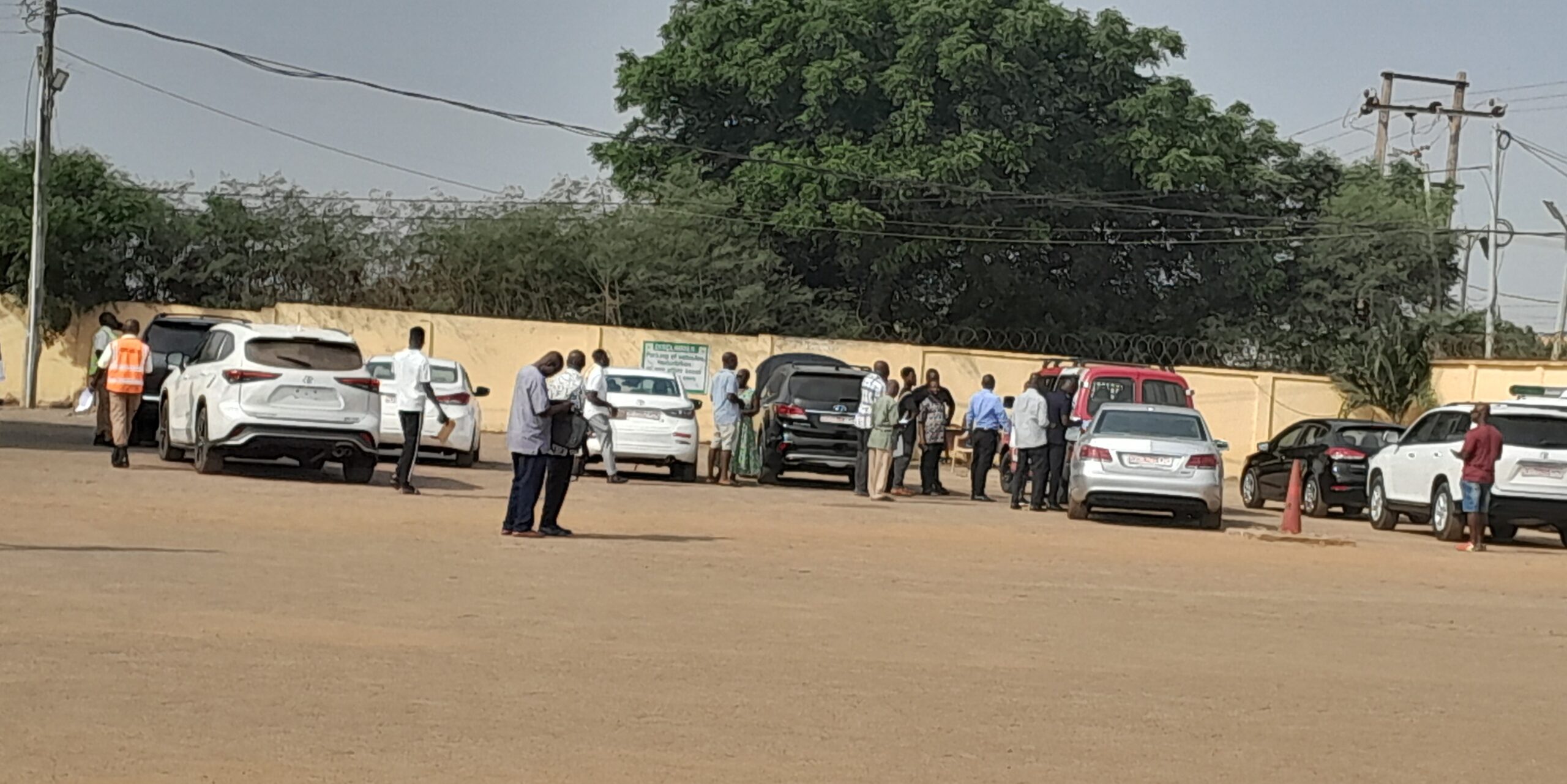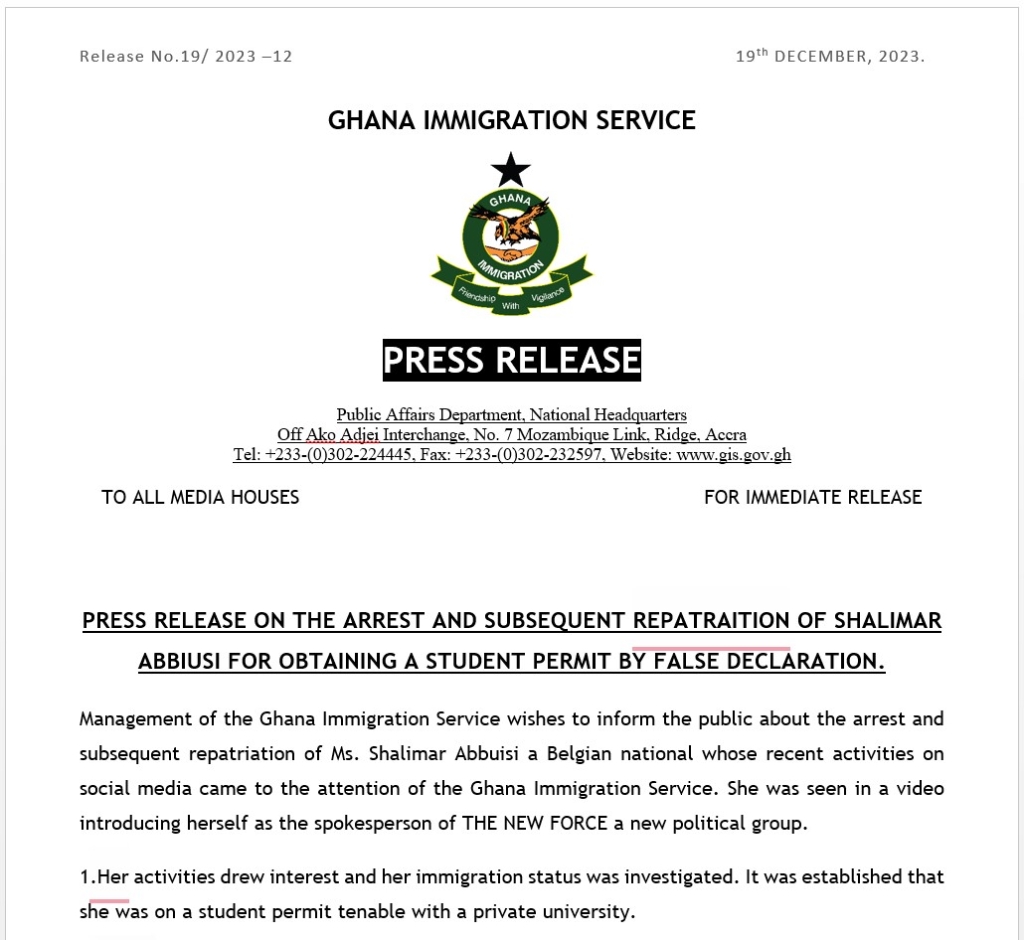
By Yussif Ibrahim, GNA
Akyawkrom (Ash), March 12, GNA – Some stakeholders in the Ashanti Region, have expressed reservations about the requirement that allowed Ghanaians abroad to register under the Representation of the People Amendment Act (ROPAA), based on the provision of a valid resident permit.
They argued that this could disenfranchise most legitimate Ghanaians since failure to produce a resident permit of a host country does not make one less a Ghanaian, and recommended that that part be expunged from the requirements.
“The most important thing on the part of the EC, was to establish the nationality of applicants and not to delve into the legality of their stay in the foreign countries”.
The stakeholders however agreed with the other conditions such as a valid Ghanaian passport and proof of dual citizenship.
These views were expressed at a consultative forum to solicit for inputs from stakeholders in the Region on the implementation of ROPAA.
It was held At Akyawkrom near Ejisu in the Ejisu Municipality.
Arranged by a nine-member ROPAA Consultative and Implementation Committee, the forum was attended by representatives from political parties, civil society organizations, professional bodies, traditional rulers, religious leaders and the media.
The committee chaired by Dr. Eric Bossman Asare, a Deputy Chairperson of the EC has been touring various regions in the country to collate views and recommendations of major stakeholders in the implementation of ROPAA.
The provision of valid resident permit as one of the requirement for registration took centre stage of the discussions led by Dr. Benjamin Kumbour, a member of the committee.
Participants took turns to argue for the removal of that condition for registration since not all Ghanaians abroad had residents permit.
The committee presented a report by a previous committee formed in 2011 and invited the participants to make inputs and recommendations.
It is expected to put together a document as a roadmap for the implementation of the law after the stakeholder engagements.
A Constitutional Instrument (CI) would also be laid before parliament for consideration to pave way for the operationalization of the law.
Dr. Asare said the stakeholder engagement had become necessary despite the 2011 committee report due to a number of reforms that the EC had introduced since then.
He said the exercise would assist the EC to implement the law in a way that would reflect the collective interest of the citizenry.
It would be recalled that one Kofi Boateng and four others took the EC to court in 2017 over its failure to implement the ROPAA which had been passed by parliament since 2006.
The court presided over by Justice Anthony Yeboah upheld the application of the petitioners and ordered the EC to take steps to implement the law within 12 months.
Read Full Story















Facebook
Twitter
Pinterest
Instagram
Google+
YouTube
LinkedIn
RSS